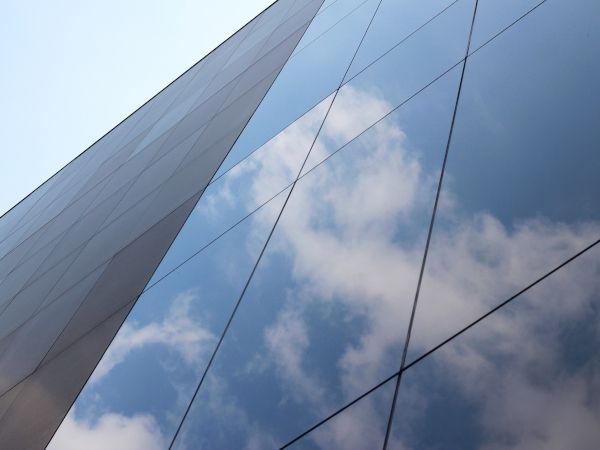
Date: 1 November 2024
This radical transformation, in line with the European Union's planned decarbonization path, will involve adopting new technologies, adequate infrastructures, and a clear programming of interventions, as highlighted in the conference "The Ecological Transition of Glass."
The seven proposals from Assovetro, presented at the conference, outline fundamental strategies to facilitate this process, emphasizing the need for government support to avoid elevated CO2 emissions. Without targeted interventions, the glass industry will not be able to eliminate its emissions.
Strategies for Decarbonization
According to a study conducted by Assovetro in collaboration with KPMG, CO2 emissions in the glass sector amounted to 3,739,539 tons in 2022. Without concrete actions, only a slight reduction is expected by 2050. To reach the zero emissions goal, the study proposes six decarbonization levers, including energy efficiency, the use of green fuels, and the implementation of CO2 capture technologies.
Comments from Assovetro's President
Marco Ravasi, President of Assovetro, stated, "Italian glass production is a leader in Europe in energy efficiency and recycling. However, to achieve sustainable change, adequate support from legislators is essential. Without a clear roadmap, the glass industry risks being relocated to countries with lower environmental standards."
Concrete Proposals for the Transition
Assovetro's seven proposals include:
- Economic support for modifications to production processes.
- Incentives for the purchase of zero-emission energy carriers.
- Bureaucratic simplifications and priority access to energy resources.
- Reform of the EU emissions trading system (EU ETS) to avoid permit shortages.
- Commercial defense against imports from third countries with less stringent environmental regulations.
- Development of network infrastructures to support the transition.
- A plan for the production of green energy and decarbonized energy carriers.
A Collective Commitment for the Future
The European glass industry is also exploring decarbonization pathways. Adeline Farrelly, Secretary General of FEVE, commented on the importance of these joint efforts to ensure that glass continues to play a crucial role in the circular economy.
With approximately 29,000 highly skilled employees, the Italian glass industry is the second largest in Europe and the leading producer of hollow glass, significantly contributing to the economy with a turnover of €9.6 billion in 2022.
 600450
600450

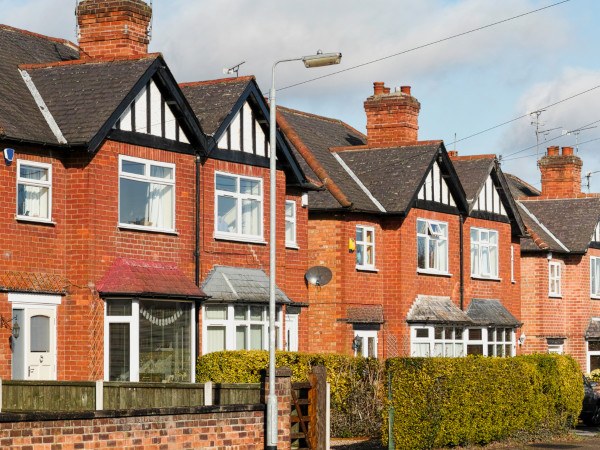
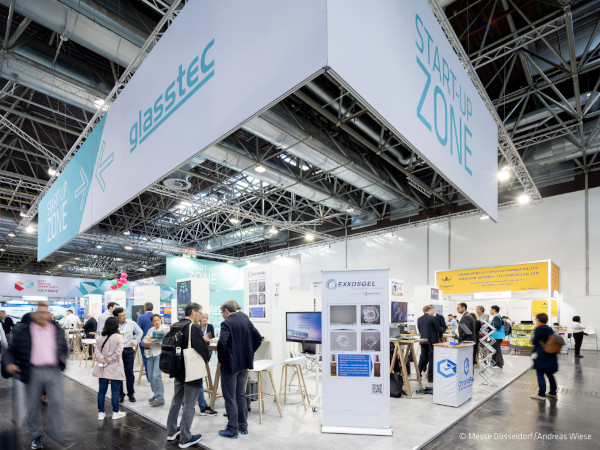
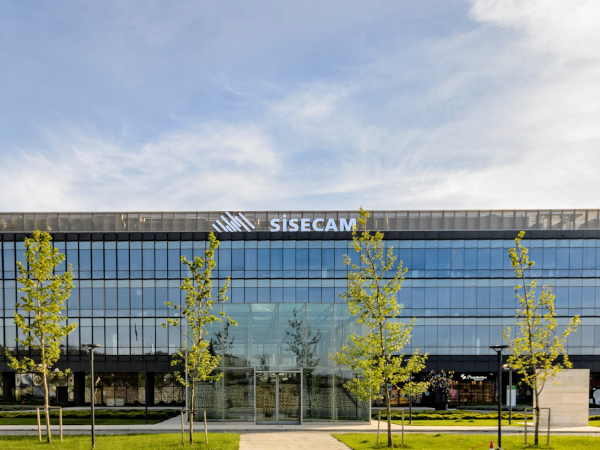
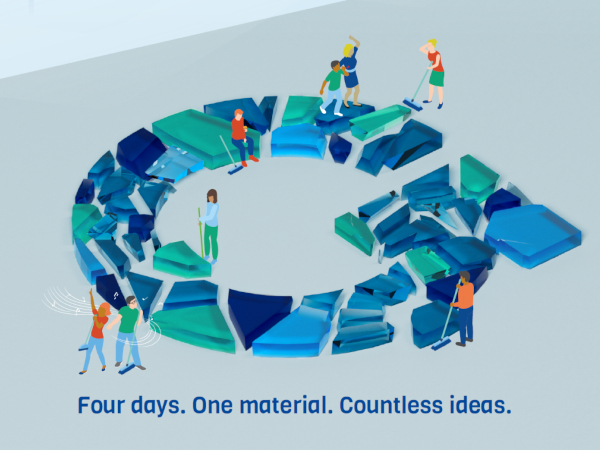
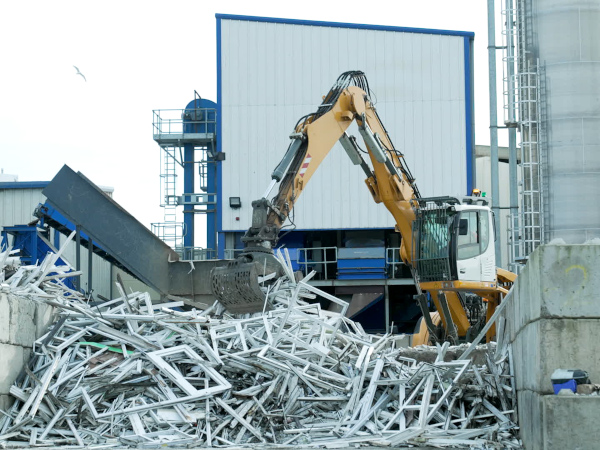
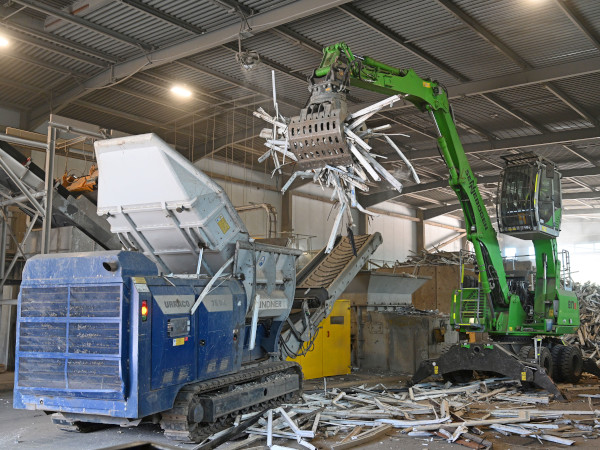

Add new comment